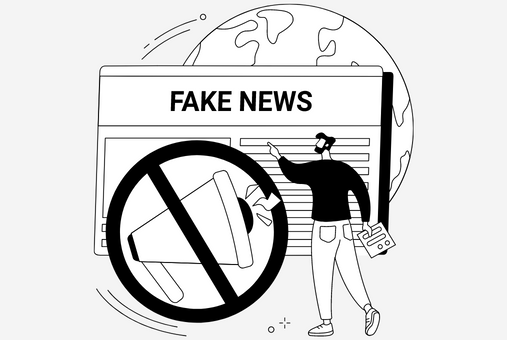
The ICFJ-led Empowering the Truth Global Summit seeks to enable fact-checkers to reach new audiences with real facts in new formats to combat the speed of misinformation. The invitation is for every Thursday in March in one and a half hour sessions in five languages.
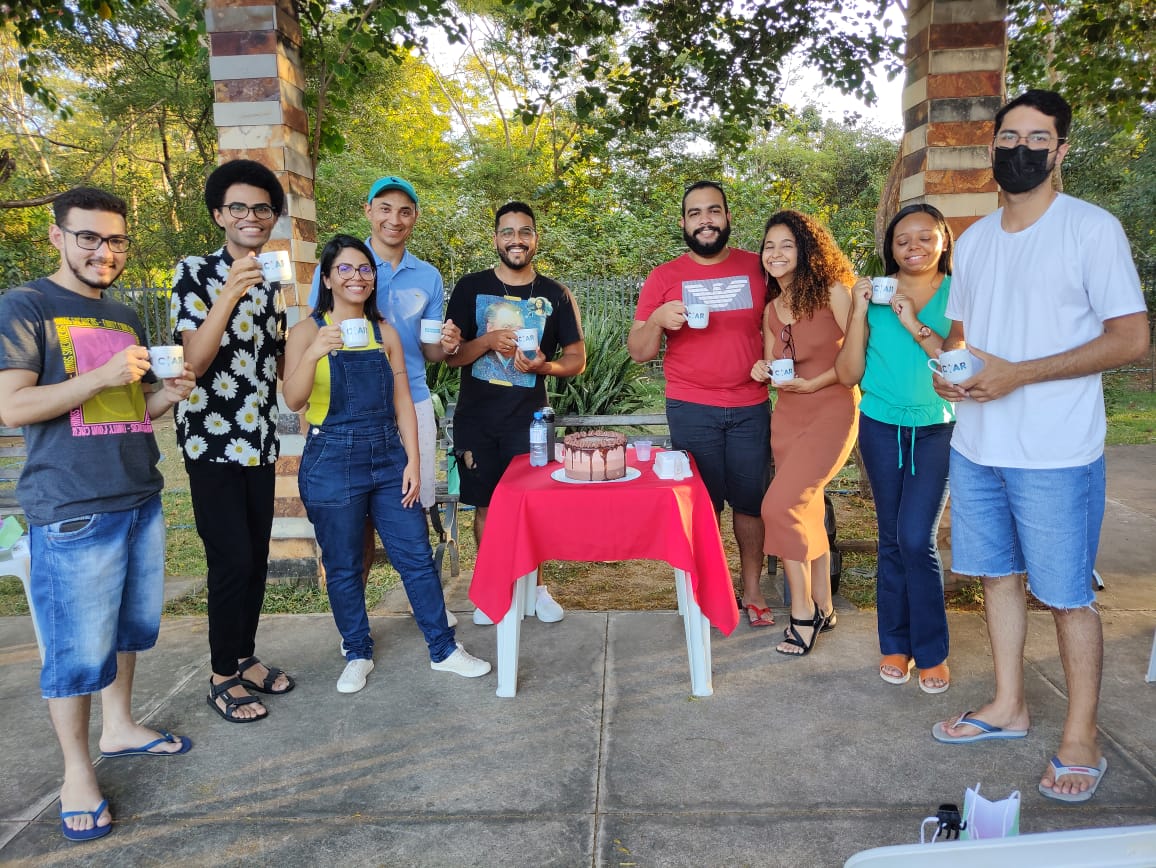
Coar is a fact-checking project focused on Brazil's Northern and Northeastern regions, where there is a higher incidence of cities without news outlets -- news deserts. With limited resources, Coar relies on partnerships with radio stations, TV stations, and regional websites to make news checking more accessible.
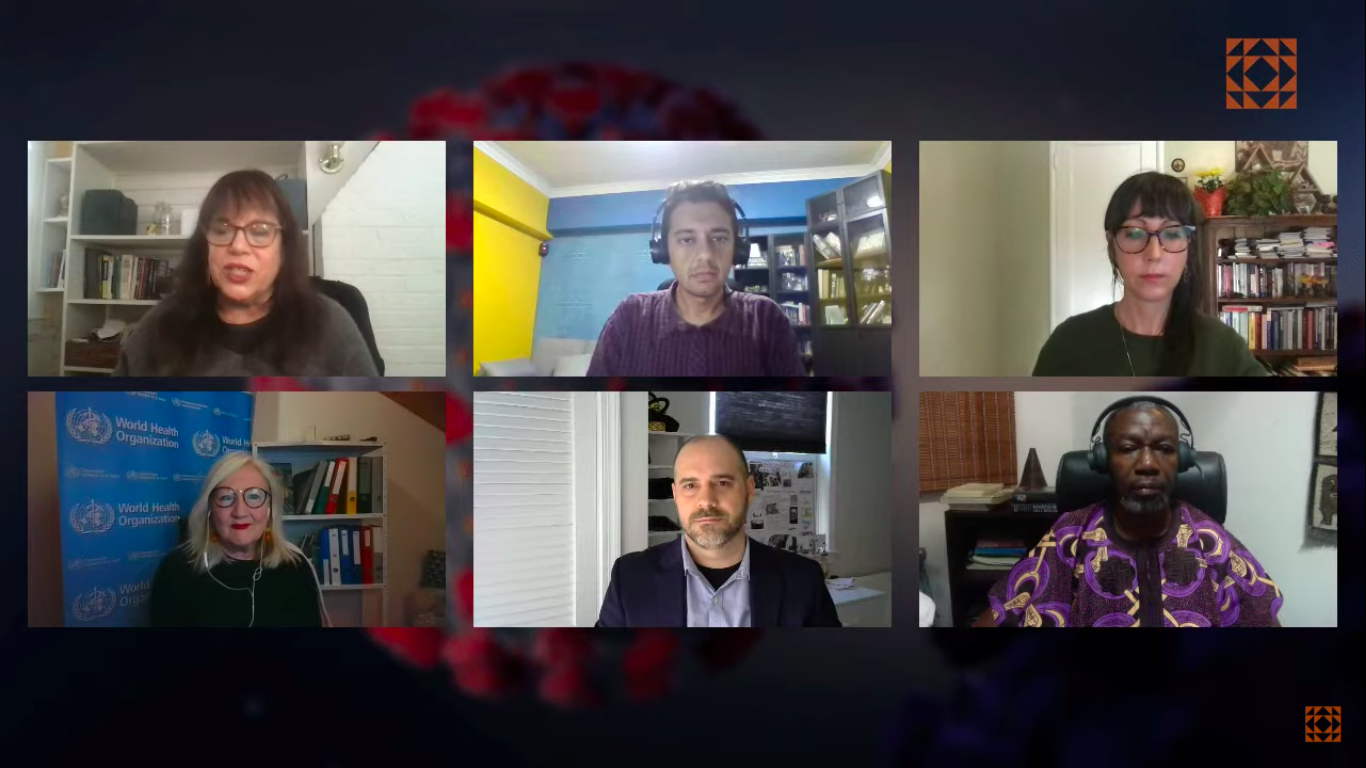
Panelists at the webinar "Variants, vaccines and medications: What journalists need to know to improve COVID-19 coverage" discussed some key points that journalists covering the coronavirus need to address to better tell their stories.
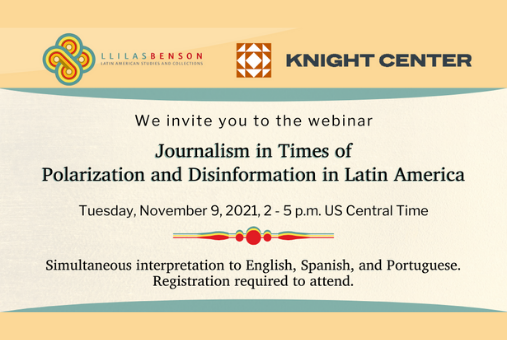
LLILAS Benson Latin American Studies and Collections and the Knight Center for Journalism in the Americas at the University of Texas at Austin will host a webinar on polarization, disinformation and the role of the press in protecting democracy and freedom of expression in the region.

The diagnosis was made by Brazilian researcher Giuliander Carpes, a doctoral candidate in communication and information sciences at the University of Toulouse III who has just published a study on the subject
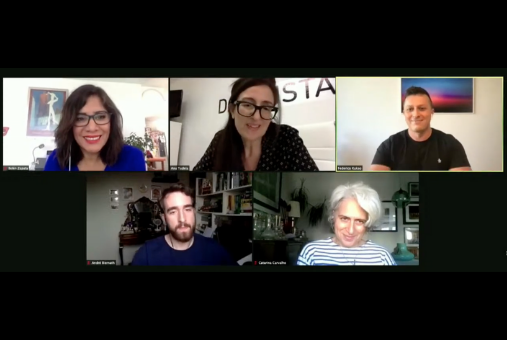
“It is symbolic and it is very important to understand the moment in which we live,” André Biernath said during the 14th Ibero-American Colloquium of Digital Journalism during the panel “Challenges in the coverage of the pandemic in Ibero-America amid the ‘infodemic,’ the epidemic of disinformation.”
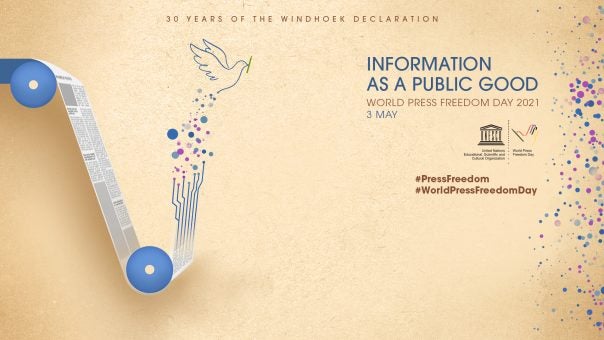
LatAm Journalism Review spoke with UNESCO Director General Audrey Azoulay about advances in recent years, the situation for journalists on the American continent and the organization’s alliance with the Knight Center in seeking to strengthen journalism and reporting.
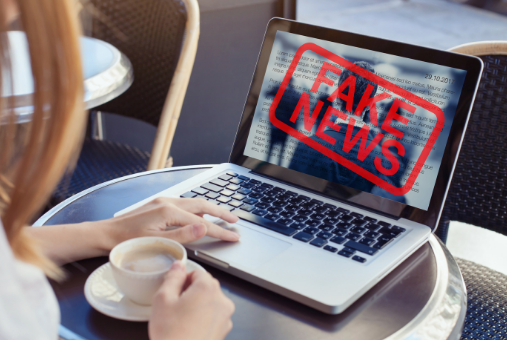
Fact-checking has little capacity to impact people's opinions, but increases the cost of disseminating, on the internet, something that has already been categorized as false.
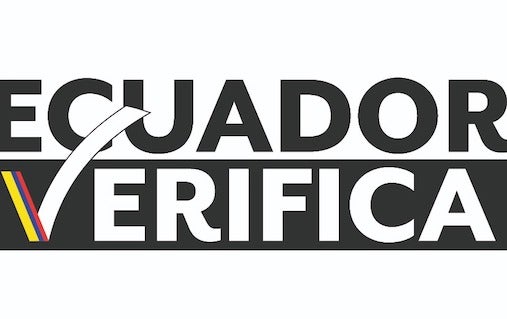
The initiative, according to the organizers, is unprecedented in Ecuador and is inspired by similar initiatives in Latin America, such as Verificado in Mexico and Projeto Comprova in Brazil.

The e-book 'Infodemia' explains in a form of a dictionary, and with a lot of rigorous black comedy, the false and misleading news spread across Latin America and the rest of the world during the COVID-19 pandemic.
Libro 'Infodemia' explica a modo de diccionario, y con riguroso humor negro, las noticias falsas y engañosas más difundidas en América Latina y el resto del mundo durante la pandemia de la COVID-19.
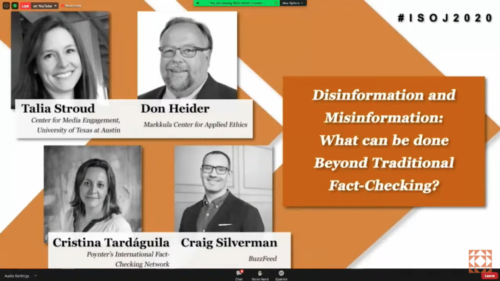
The tricky part of the traditional fact-checking model is the speed in which fake news can reach hundreds of thousands of people, said Talia Stroud, director of the Center for Media Engagement of UT at Austin.